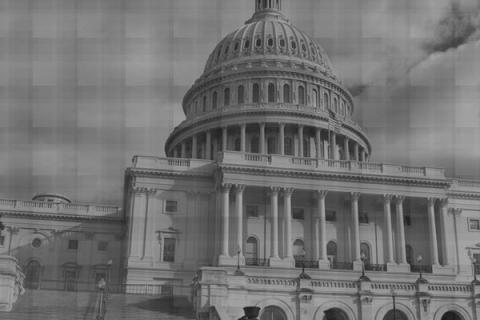Over the course of the year, Twitter has been a reactionary force in predicting, covering, and even dictating current events. Its relatively new status in 2012, however, has created confusion among users trying to navigate the dos and don'ts of the social network, raising serious questions as to the legal implications of Twitter use.
At odds with the First Amendment, defamation laws are in place in the United States to protect those from false accusations that threaten one's reputation. The question follows, how does this apply in the digital age and, more specifically, to Twitter? While First Amendments rights to freedom of speech have been broadly applied to content online in the United States, the growing use of Twitter and the varying modes of communication it provides begs the question: Can you be sued for something you tweet?
The short answer is yes. While we are guaranteed First Amendment protections to freedom of speech, defamation laws place limits on speech when one's reputation is in question.
The long answer would require analysis into the type of tweet sent, whether or not it was maliciously directed at a public or private figure, and how influential the user's account is. In the world of Twitter, there is not only the option to send your own message in the form of a tweet, but you are provided with the option to retweet, mention, and favorite. It has become common place for journalists, politicians, and public figures to preemptively defend their tweets, including in their bios "retweets are not endorsements." The varying level of severity of intent differentiates tweets from retweets, resulting in different potential risks for the user.
In a recent ruling on Section 230(c) of the Communications Decency Act of 1996, the 9th U.S. Circuit Court of Appeals established that users are not liable for something they retweet:
“Congress, however, has chosen for policy reasons to immunize from liability for defamatory or obscene speech ‘providers and users of interactive computer services’ when the defamatory or obscene material is ‘provided’ by someone else.”
The distinction between at whom the tweet is aimed also plays a role in determining whether or not a user can be sued for a libelous claim on Twitter. As explained by Slate,
"Defamation law makes a distinction between statements made about a public figure and statements made about a private figure." With the growing popularity of Twitter and Facebook, Anderson continues, "the line between public and private figures—and therefore whether “actual malice” or negligence applies to a case—becomes increasingly blurry."
Furthermore, implications of a libelous tweet can vary based on the user's influence in the "Twittersphere." In the case of British politician Lord McAlpine, high-profile users face potential legal action, while those with less than 500 followers on Twitter are asked to apologize on a website created by Mr. McAlpine’s law firm, R.M.P.I.
Expected to sue over 10,000 people, Alpine was wrongly accused of child sexual abuse, a rumor which spread like wildfire on the social network. Defending the politician's decision to sue, solicitor Andrew Reid said of Twitter,
“Twitter is not just a closed coffee shop among friends. It goes out to hundreds of thousands of people and you must take responsibility for it. It is not a place where you can gossip and say things with impunity, and we are about to demonstrate that.”
With the potential to ruin Alpine's political and personal reputation, the accusation and attempts at legal recourse signify the offline consequences of online behavior.
Looking ahead to 2013, what personal, professional, or legal risks do you foresee becoming an issue with an increased use of Twitter?

